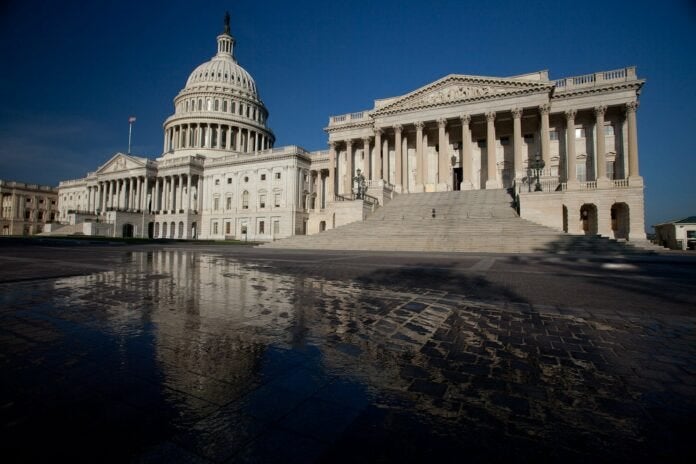The One Big Beautiful Bill Act (OBBBA) grabbed the spotlight for impacting students' repayment abilities for their educational loans. However, a less-known provision within this bill could make a significant impact. Previously, the CARES Act allowed the employers to make a contribution towards their employees' educational loans which was non-taxable. This was an interim provision which has been ushered into permanency by the OBBBA. Consequently, the maximum cap for tax-free contributions yearly, which stands at $5,250, is slated for an inflation adjustment beginning 2026. This move might bear notable implications for the students grappling with an increased debt load as the student loan payment resumes.
The employer contributions towards student loan repayment are considered tax-free this means an absence of tax-related liabilities for the employees on the aid received for debt repayment. Thus, employees can allocate more of their income towards loan repayment, assisting them in managing their loans better.
OBBBA brought a significant shift in both the funding and repayment of student loans. The existing students will not be eligible for income-based repayment (IDR) plans. Although the judgement on the SAVE plan is still under court consideration, the interest has recommenced, leading to increased loan balances for the borrowers. Meanwhile, federal aid for future students is projected to decrease, raising the price tag for higher education.
If a growing number of employers decide to bear the education expenses of their employees, it might help offset the rising education costs for students. Considering the competitive job market, employers frequently offer incentives such as health care coverage, paid leaves, retirement plans, and more. The high student loan debt among recent graduates presents an opportunity for companies to distinguish themselves by offering student loan payment assistance. This assistance can be spread across multiple years, aiding in employee retention.
In the past ten years, employers were sceptical about initiating education assistance programs without surety about long-term tax exclusion. Many employers shied away from offering this benefit due to the possibility of its discontinuation. However, the certainty of a permanent tax exclusion might encourage more employers to introduce student loan repayment programs.
While the permanent tax exclusion for employer contributions to student loans is a positive move, it does not assist employees at companies that are unable or unwilling to provide student loan repayment assistance. This highlights the need for a broader solution to address the ongoing student loan crisis.

